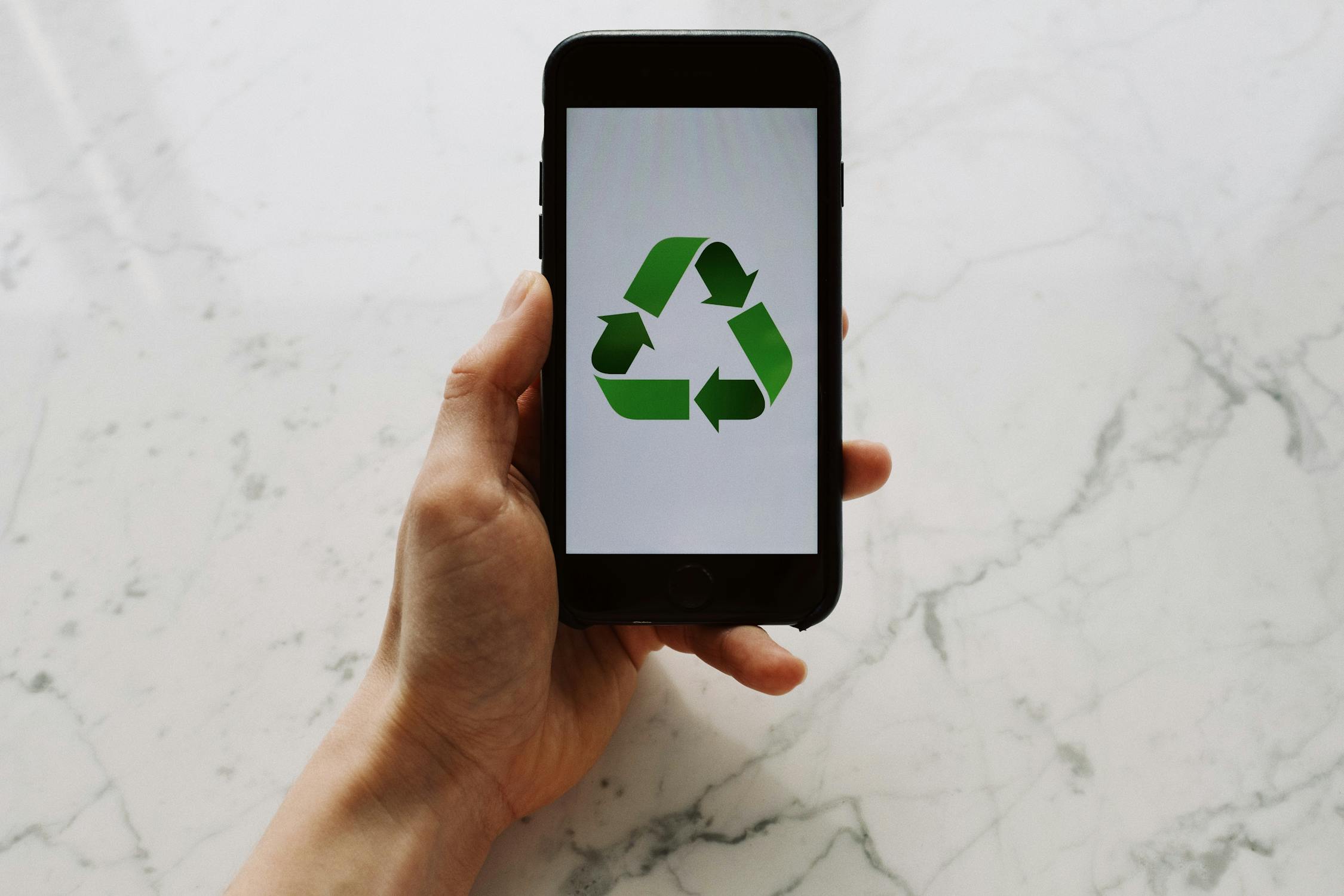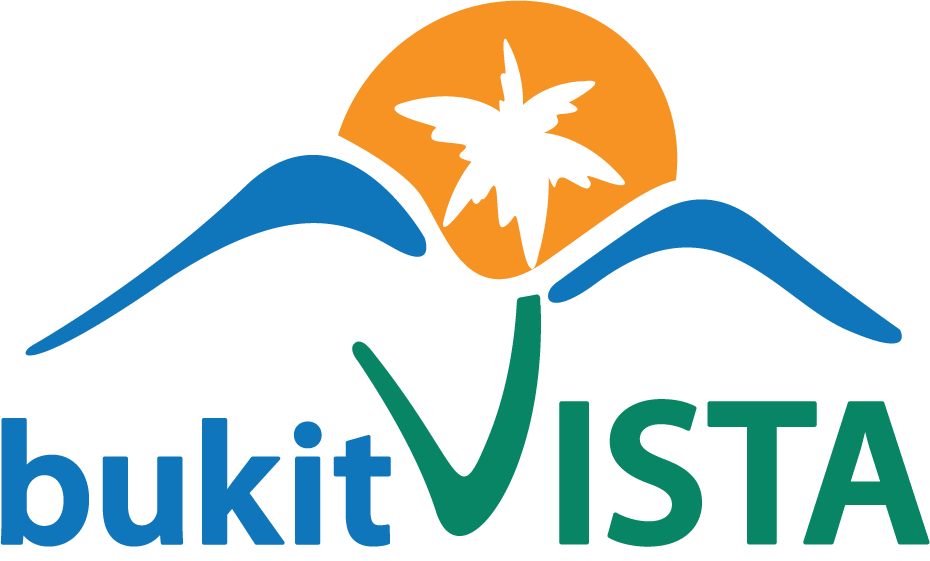
Introduction
Greetings, I’m Sri Utami, currently serving as a Marketing Intern at Bukit Vista. Being a member of the Bukit Vista team, I find the subject of effective waste management particularly intriguing, especially in its significant role within property management. I’ve delved into diverse information on this matter and, in Bali’s dynamic community, where Bukit Vista has excelled in property management for a decade, responsible waste practices are integral. This article aims to empower our partners, specifically housekeepers, by providing crucial knowledge and practical insights. Informed by recent research, we offer a guide tailored for effective waste practices, fostering environmental consciousness in Bali.
Waste Management Practice: Current Waste Handling Practices
Insights from waste management studies in Indonesia reveal that 53% of households primarily burn their waste, emphasizing the need for a paradigm shift. While 93.7% exhibit good knowledge of waste management, only 9% engage in waste sorting. Overcoming the challenge of inertia, where 39% cite laziness as a reason for not sorting waste, becomes crucial.
Unlocking Economic Prosperity Through Effective Waste Management Practices
Efficient waste practices not only bolster environmental sustainability but also bring substantial economic gains. A key advantage lies in job creation and the stimulation of economic growth. Implementing a comprehensive system demands skilled workers, offering employment opportunities across sectors. As recycling programs expand and infrastructure develops, new businesses emerge, injecting vitality into the local economy.
Moreover, streamlined waste practices result in significant cost savings for businesses and households. By reducing waste generation and optimizing systems, communities can cut expenses related to collection, transportation, and landfill disposal. The sale of recycled materials, along with associated taxes, further contributes to the income of waste management entities. Investing in efficient practices not only fuels economic development but also aligns with sustainable and environmentally conscious approaches, creating a harmonious synergy between prosperity and environmental stewardship.
Unlocking the Dynamics: Factors Influencing Waste Sorting Behavior for Effective Waste Management in Bali’s Community
Exploring the intricacies of waste sorting behavior within our community, the research draws attention to several influential factors. Education, income, home ownership, surface area, building type, waste management knowledge, and community counseling emerge as pivotal determinants. Surprisingly, conventional assumptions are challenged as the study reveals that individuals with lower education and income levels exhibit a higher inclination towards waste sorting. This counters previous findings and suggests a nuanced relationship between socio-economic factors and environmentally responsible behavior.
Notably, the dominance of waste management knowledge in shaping waste sorting behavior emphasizes the significance of education. Those well-versed in waste management principles are more likely to engage in effective waste sorting practices. As we delve deeper into these findings, it becomes apparent that fostering community-wide awareness and knowledge through targeted initiatives, such as community counseling, can play a transformative role in elevating waste sorting behaviors. This insight provides a valuable foundation for crafting educational programs that resonate with the specific needs and characteristics of our community, ultimately contributing to a more sustainable and environmentally conscious living environment.
Implementing an Effective Recycling System: A Simplified Four-Step Approach

Incorporating insights from recent research and global waste management principles, we suggest a concise four-step process to seamlessly implement a robust recycling system:
- Conduct a Waste Audit
- Create a Recycling Plan
- Deploy the New Recycling Plan
- Educate Building Occupants
This data will lay the foundation for crafting a tailored recycling plan, prioritizing the 3 R’s (Reuse, Recycle, Reduce) and aligning with our community’s unique waste needs.
With the plan in place, the next step involves the strategic deployment of recycling products in high-traffic areas, ensuring accessibility. This tangible manifestation of the plan is crucial for fostering community engagement. The final step emphasizes education—conducting meetings with patrons, janitorial staff, and utilizing various communication channels to inform and educate occupants about the benefits and proper use of the recycling system. This interconnected approach guarantees a smooth and impactful transition towards responsible waste management, reflecting both global principles and our community’s distinct characteristics.
Conclusion
In conclusion, waste management emerges not merely as a responsibility but a golden opportunity for our community to thrive sustainably. As Bukit Vista leads the way in property management, we recognize the pivotal role effective waste management plays in shaping a cleaner, greener, and more responsible future for Bali. By ardently embracing knowledge gleaned from recent research, incorporating proven global principles, and implementing practical, community-centric strategies, we can fortify our commitment to environmental stewardship.
Together, we stand at the forefront of a transformative movement, championing the cause of waste management excellence. This collective effort ensures the well-being of our community and safeguards the pristine environment we are privileged to call home. Our pledge today extends beyond mere obligation; it is an investment in the flourishing eco-conscious tomorrow we envision for Bali. Let us continue to inspire change, setting a precedent for sustainable living and leaving an indelible mark on the landscape we cherish. Bukit Vista is also engaged in sustainable property management, one of the aspects of which is waste management.
